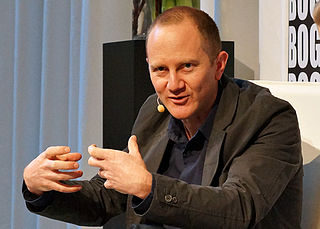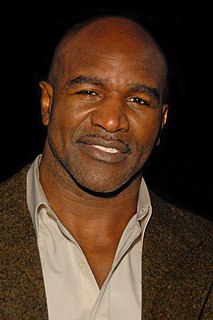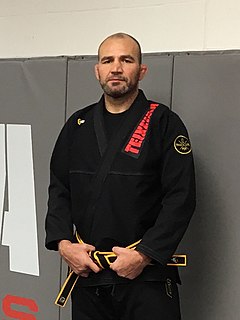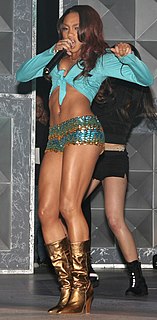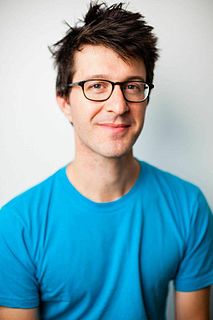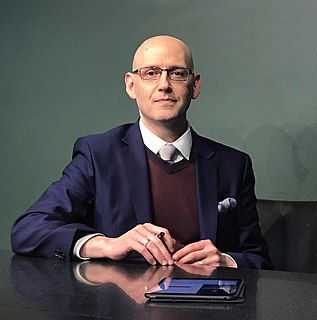A Quote by Chris Cleave
I wanted to look at the differences between how we fought then and how we fight now, because the current lack of closure generates a state of psychological unease that is interesting to acknowledge and examine.
Related Quotes
The big guys choose who they want to fight and they think about history: 'how many times I defended my title.' They try to break a record: 'how long I was there.' But if you look at the pedigree, who they fought, ain't nobody gonna give them credit for it because they fought a lot of people with no experience.
You can see the diversity that pieces in the anthology represent, and then the interconnections-obvious and less obvious-between various stories or between various modes of storytelling. Diversity generates need for conversation, conversation generates common interests, as well as differences. Literature, as a human project, is all about that.
One of the differences between now and then is that the idea of body image is a much bigger issue now. Back then, just being kind of heavy and barrel-chested passed for heroic. Now, you wouldn't dare to play a hero without a lot of dieting and various specialised abdomen machines. But that was one of the things which was interesting about it and I did want to portray because there's good and bad.
As a social anthropologist, I naturally accept and even stress the fact that there are major differences, both mental and psychological, which separate the different races of mankind. Indeed, I would be inclined to suggest that however great may be the physical differences between such races as the European and the Negro, the mental and psychological differences are greater still.
My favorite fight was when I fought Rampage. I always wanted to fight Rampage because of the way he fights. It's about pride. The way he comes forward. My friends in Brazil would always tell me they wanted me to fight Rampage. When I fought him, it was a big deal for me. It was the first big fight I was in. It was a great fight.
Demian Maia, he's a legend. He's a veteran in the game. He knows how to fight. He's been through so many five-round fights. He's headlined a lot of cards, fought Anderson Silva for the title, fought Tyron Woodley for the title. He's a veteran, he knows how to fight, and he's always training. He's a jiu-jitsu wizard.
I think the other side of this is in this balance between the social state and the punishing state, remember, the social state has been decimated. And the question becomes, how is finance capital, how does the 1 percent now resort to governing? And they govern basically through a form of lawlessness and what I call the punishing state, in which we've had a punishment creep, and now it moves from the prison to almost every institution in society, from airports to schools to social services.
Twitter, Reddit, Tumblr, Instagram, all these companies are businesses first, but, as a close second, they're demographers of unprecedented reach, thoroughness, and importance. Practically as an accident, digital data can now show us how we fight, how we love, how we age, who we are, and how we're changing. All we have to do is look.
